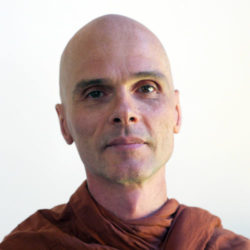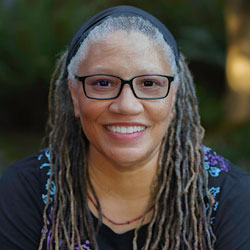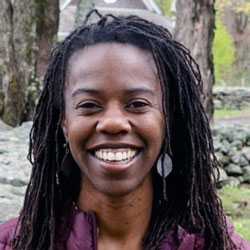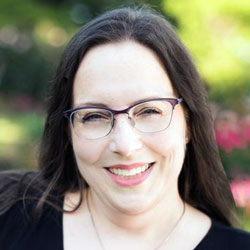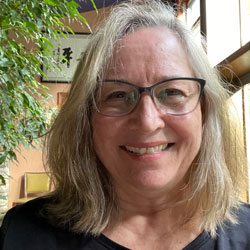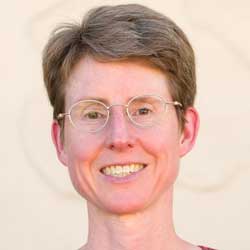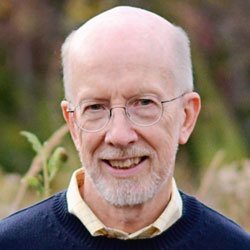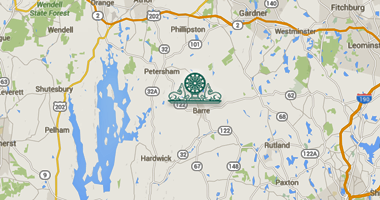Detailed information for this program can be found on the program webpage.
Mindfulness of Breathing is an eight-week, in-depth study of the sixteen steps of the Ānāpānasati-sutta, as a way of combining tranquility and insight in a form of practice that aims at the cultivation of the awakening factors. This program thereby builds on the practice, particularly of the awakening factors, developed in the first program on Satipaṭṭhāna Meditation.
This program will undertake a study of the ten perceptions taught in the Girimānanda-sutta (AN 10.60), which culminate in the sixteen steps of mindfulness of breathing. The program is meant for experienced meditation practitioners who wish to deepen their understanding and practice. The emphasis throughout this program will be on what is of practical relevance to actual meditation practice.
Each week students will engage with recorded guided meditations and video lectures by Bhikkhu Anālayo, complete reading assignments from Mindfulness of Breathing: A Practice Guide, attend a 90-minute weekly group meeting, and contribute to a written online forum.


